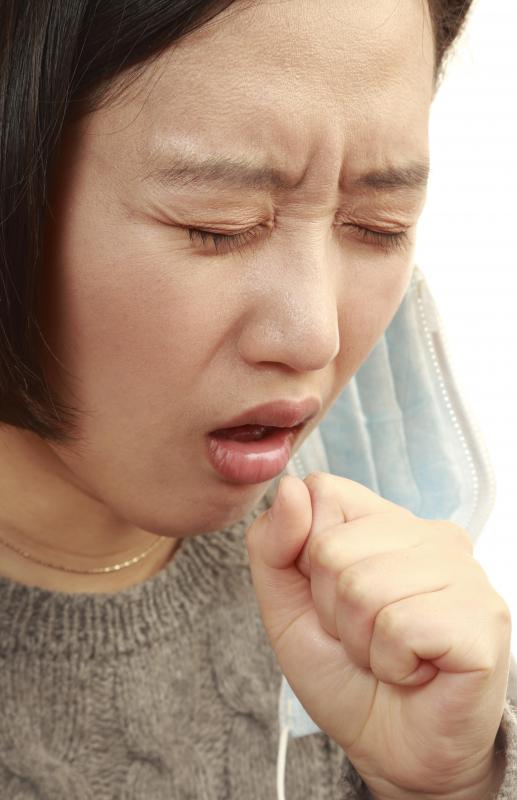At WiseGEEK, we're committed to delivering accurate, trustworthy information. Our expert-authored content is rigorously fact-checked and sourced from credible authorities. Discover how we uphold the highest standards in providing you with reliable knowledge.
What Are the Medical Uses of Dioscorea Opposita?
Otherwise known as the Chinese yam, dioscorea opposita is an edible root vegetable used in a variety of Asian dishes. In its dried or powdered form, however, it is used frequently in traditional Chinese medicine. Primarily, dioscorea opposita is believed to increase and stabilize the qi and yin of the stomach, lungs, spleen, and kidney. Practitioners use it to treat certain digestive problems, urinary issues, and breathing difficulties. Users also seek help in fighting weakness and fatigue and in stimulating appetite.
Dioscorea opposita, in its medicinal form, is also recognized by its Chinese name, shan yao. Practitioners of Chinese medicine believe that many ailments and diseases of the human body are caused by the weakening of the internal qi, or life force and vitality. Similarly, they maintain that illnesses can also arise from an imbalance of the yin and yang within a person’s body, which are the bipolar forces that balance all of nature. The Chinese yam is used to tone and strengthen the qi and to balance the yin within certain internal organs, specifically, the stomach, spleen, lungs, and kidneys.

Those who practice traditional Oriental medicine believe that, when taken in its dried or powdered form, dioscorea opposita can help resolve certain digestive problems, especially diarrhea. This belief is based on the vegetable’s ability to balance the digestive system. Similarly, by strengthening the qi associated with the digestive system, the Chinese yam can increase appetite and address eating disorders such as anorexia nervosa.

Many practitioners of Chinese herbology and medicine also believe that problems of frequent urination and incontinence are related to an imbalance of the yin within the kidney and a weakness of the qi as it relates to that organ. Dioscorea opposita may balance the yin and tone the qi within the kidneys. This, in turn, eases the symptoms of those particular conditions.

A strong tea made from dioscorea opposita can calm a chronic cough. Asthma sufferers may also benefit. These usages are based upon the belief that the Chinese yam also helps to regulate the qi and the yin within a person’s lungs. By the same token, if a person is suffering from extreme fatigue or weakness, herbalists might prescribe a dose of shan yao. This is because many practitioners of Oriental medicine believe such infirmities are often caused by an imbalance or infection within the blood, which is regulated by the spleen, an organ that is directly affected by the use of dioscorea opposita.

As with most traditional Chinese medicines, dioscorea opposita combines with other medicinal herbs. It is available to consumers at many Asian markets and also online. To avoid complications from inappropriate use, however, individuals should be familiar with Chinese medicine in general and particularly the proper dosage and administration of discorea opposita.
AS FEATURED ON:
AS FEATURED ON:

















Discussion Comments
Dioscorea opposita is often used as cooking ingredient. Cantonese love using it in slow-cooked soup, together with carrots, semen coicis, Black-Eyed peas, mushroom, dried candied dates, with or without pig shoulders/tendons, depending on if you are vegetarian or not.
@raynbow- The way that I make Chinese yam tea is by mixing the powder into a cup of regular tea. All you have to do is take a cup of hot water and drop in your favorite tea bag. Stir in some Chinese yam powder to complete your tea.
You can find Chinese yam powder at a natural food store or a holistic remedies provider. If there are none locate in your area, you can search online.
Is it easy to make dioscorea tea? I would like to try it for digestive issues. I've already visited my doctor, who ruled out serious problems. He gave me the approval to try natural remedies, but he didn't know much about tea made of this Chinese yam.
Post your comments